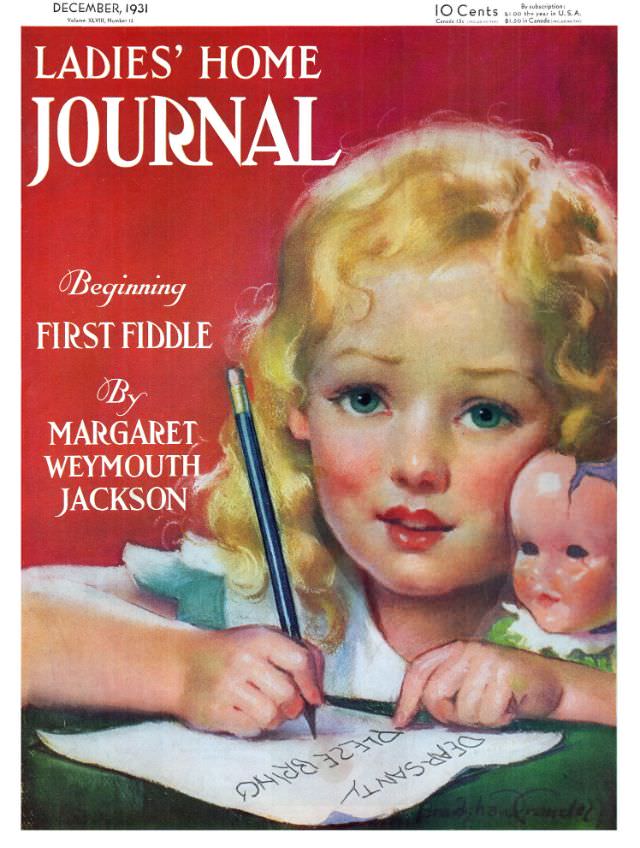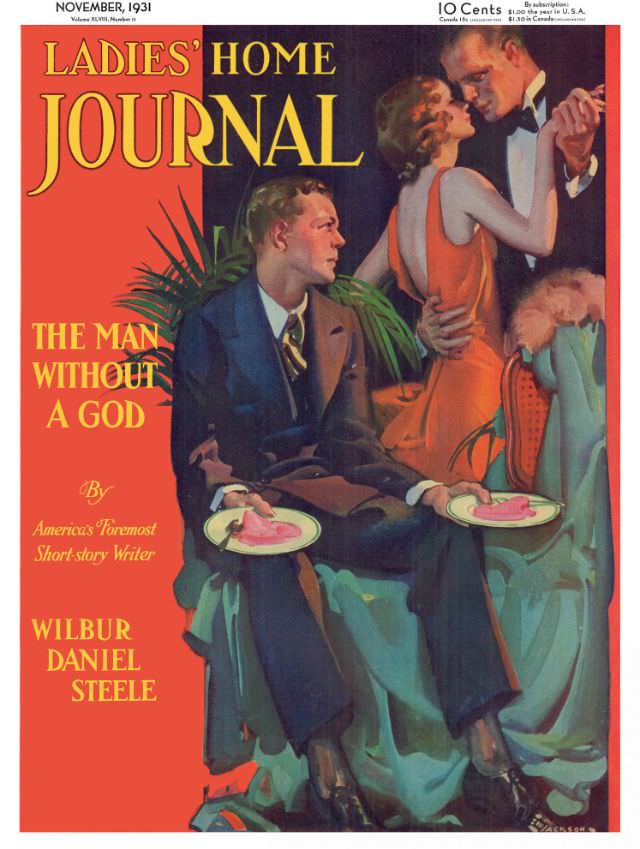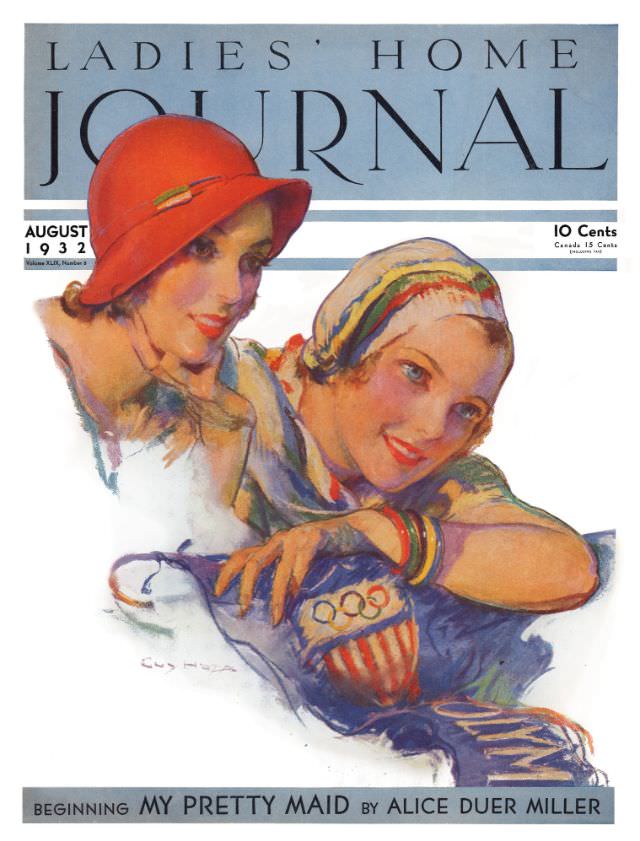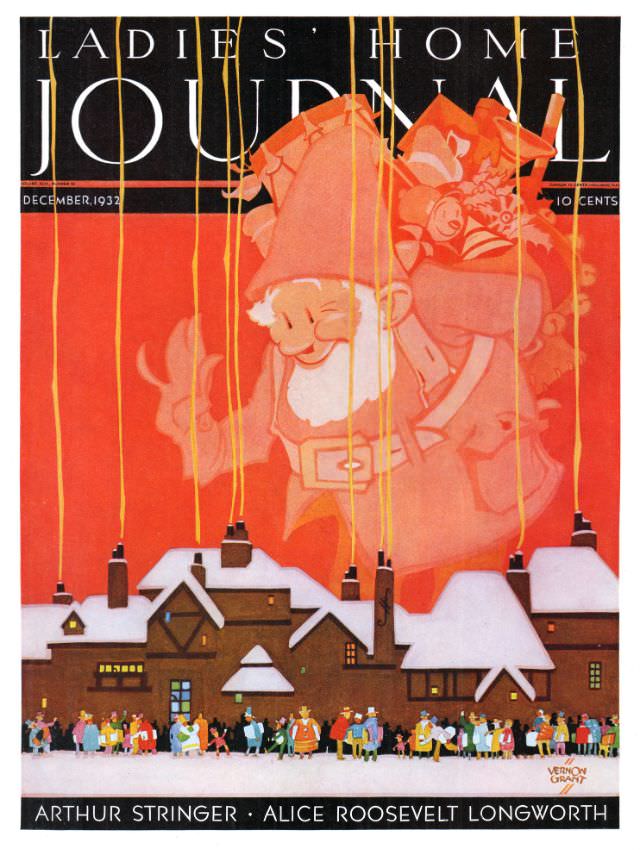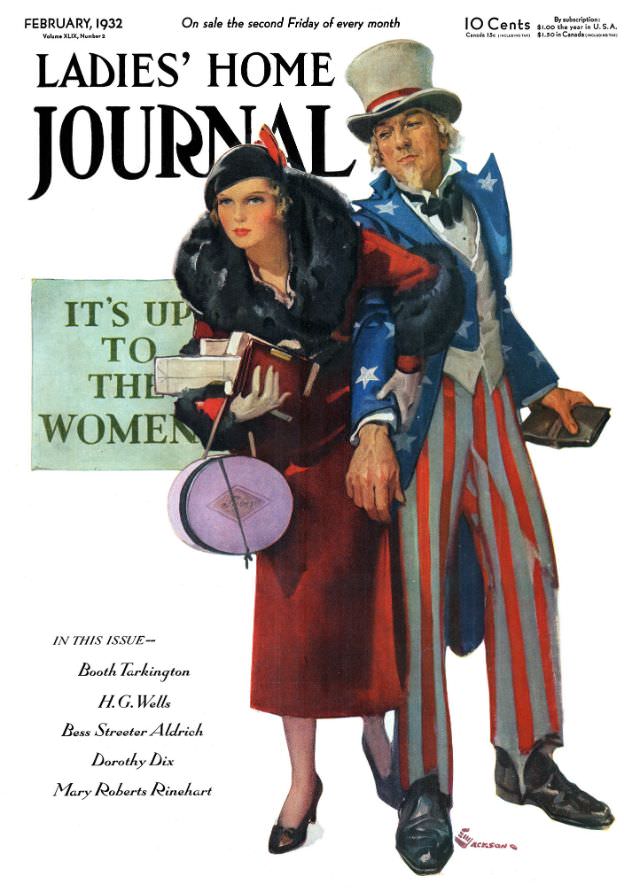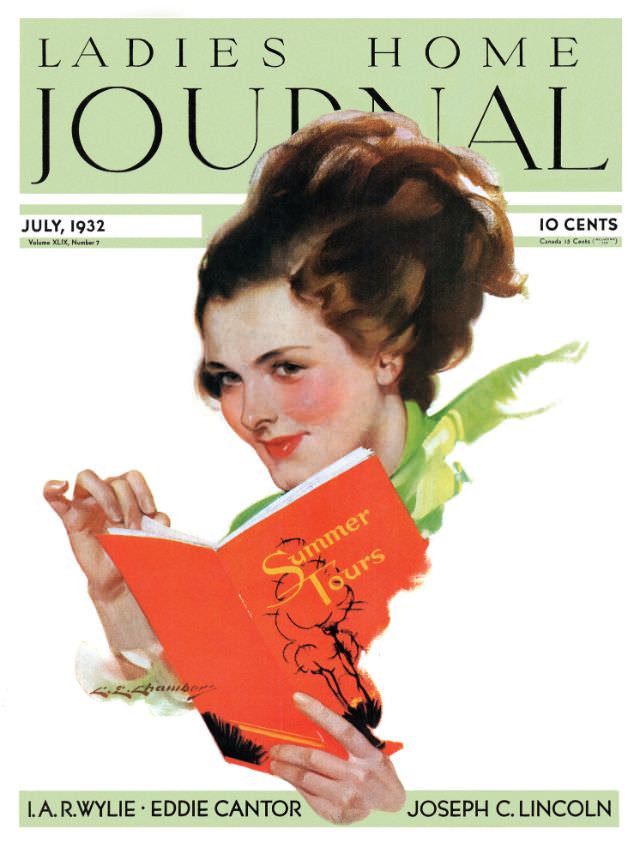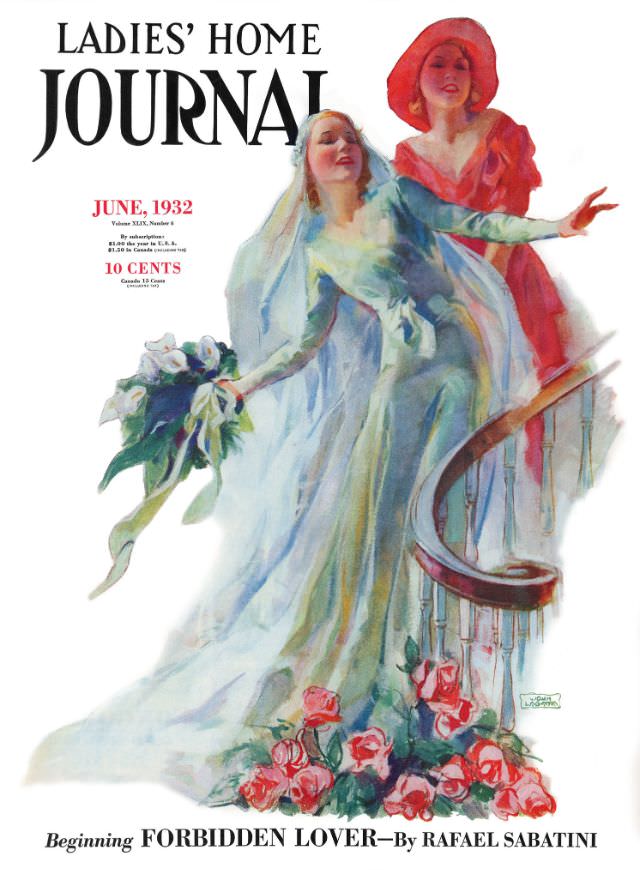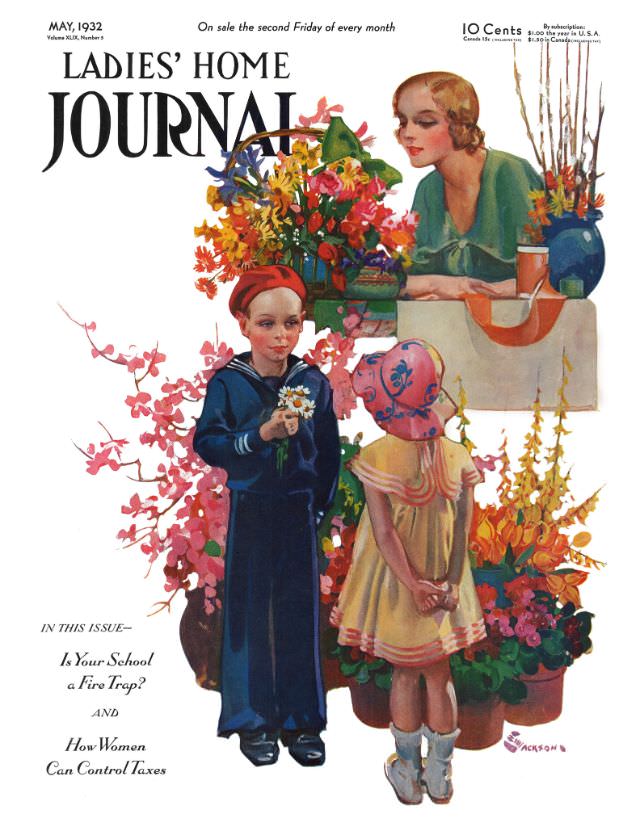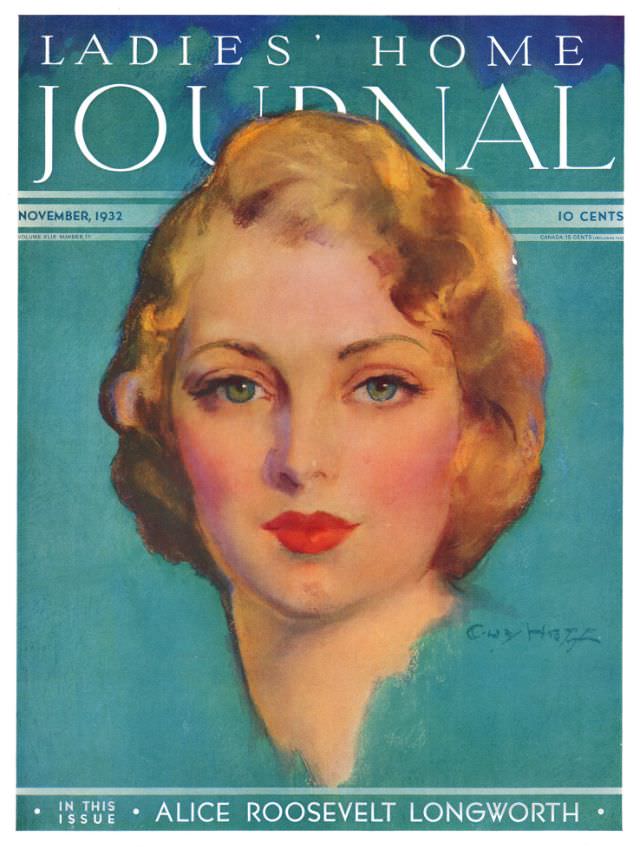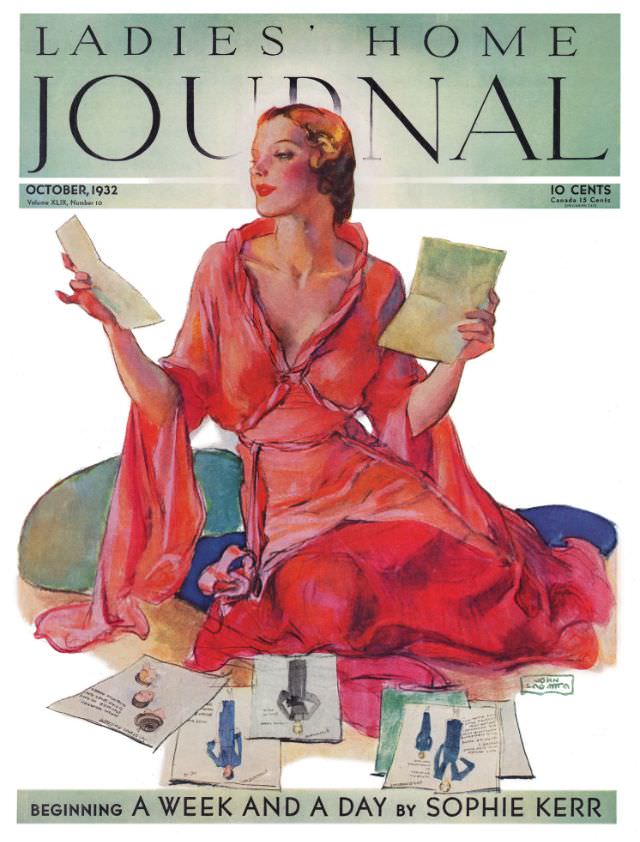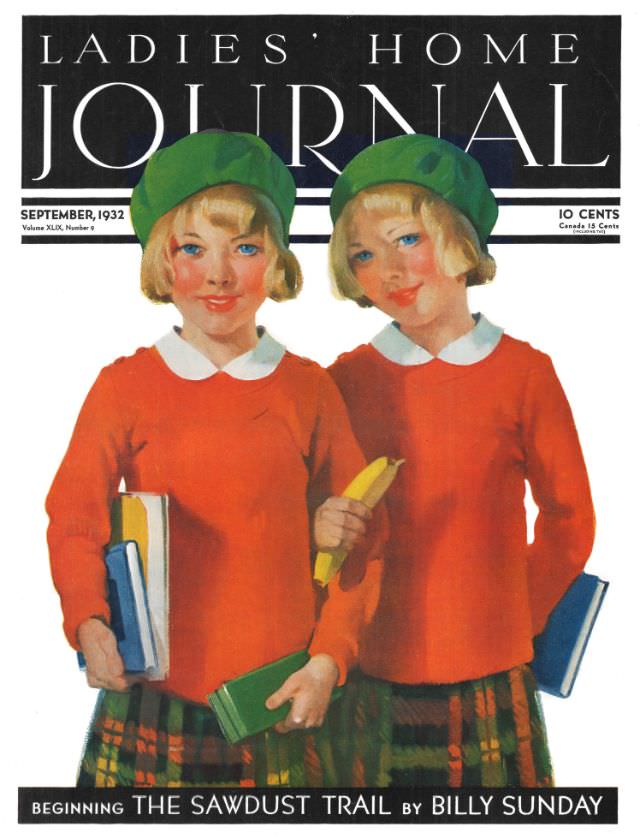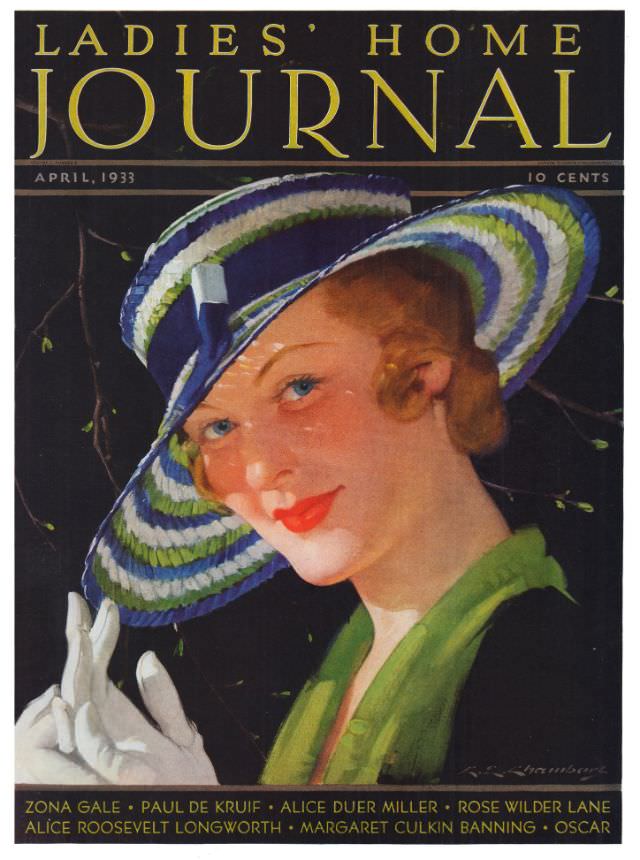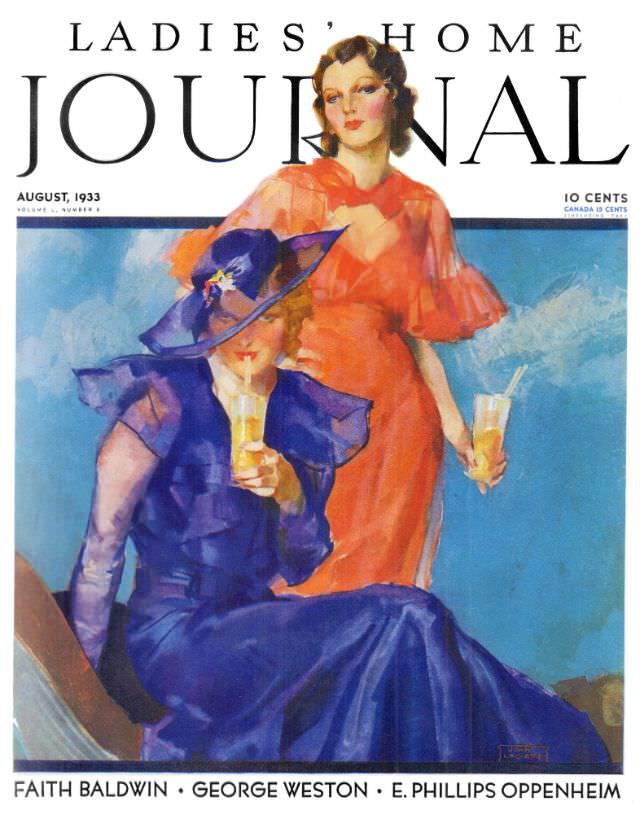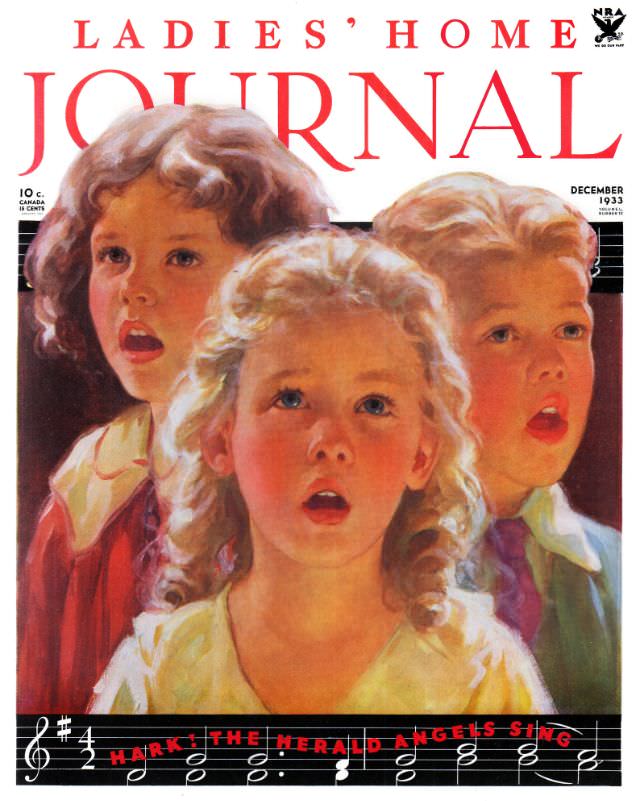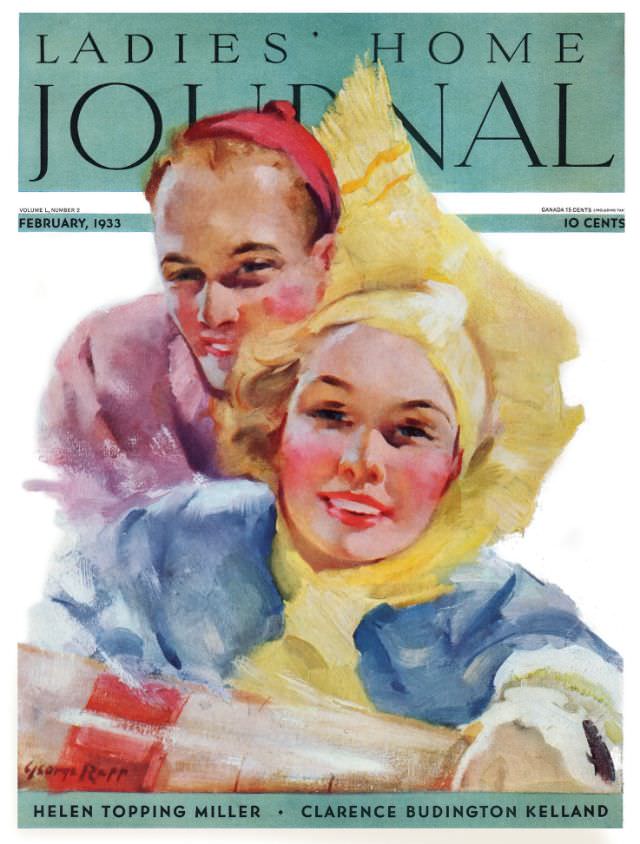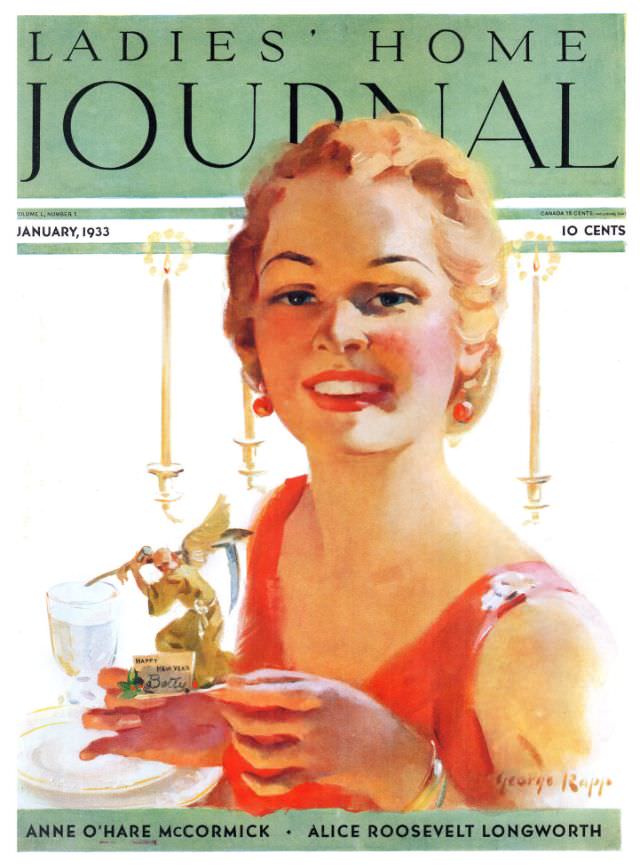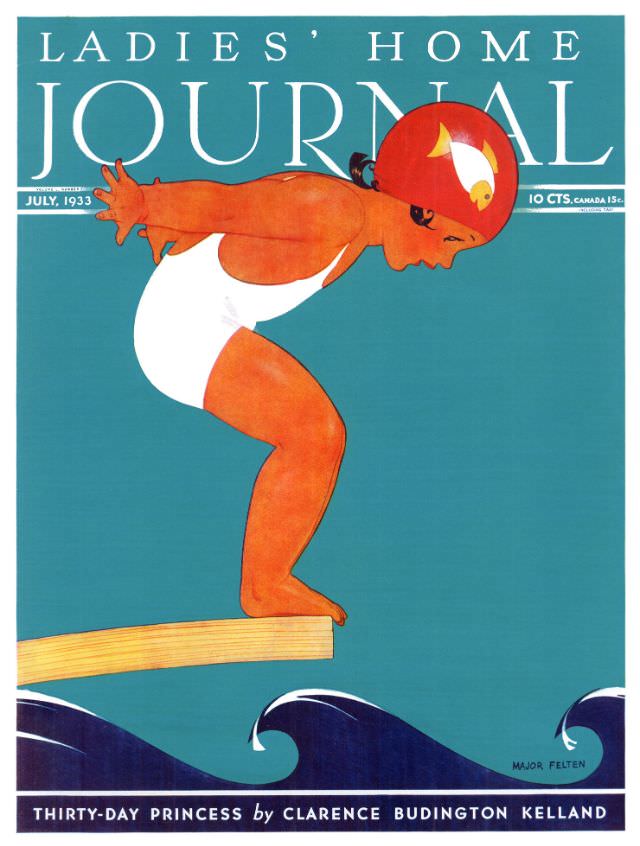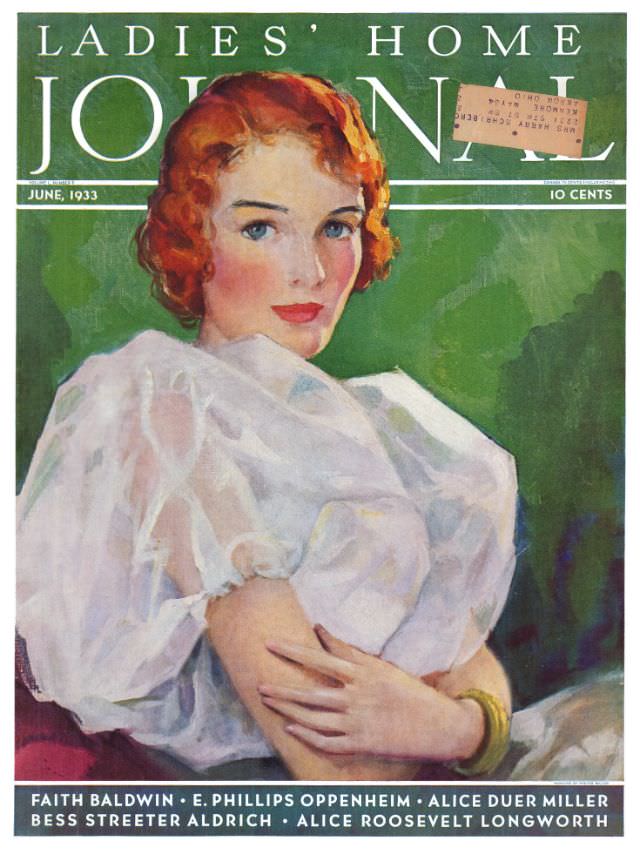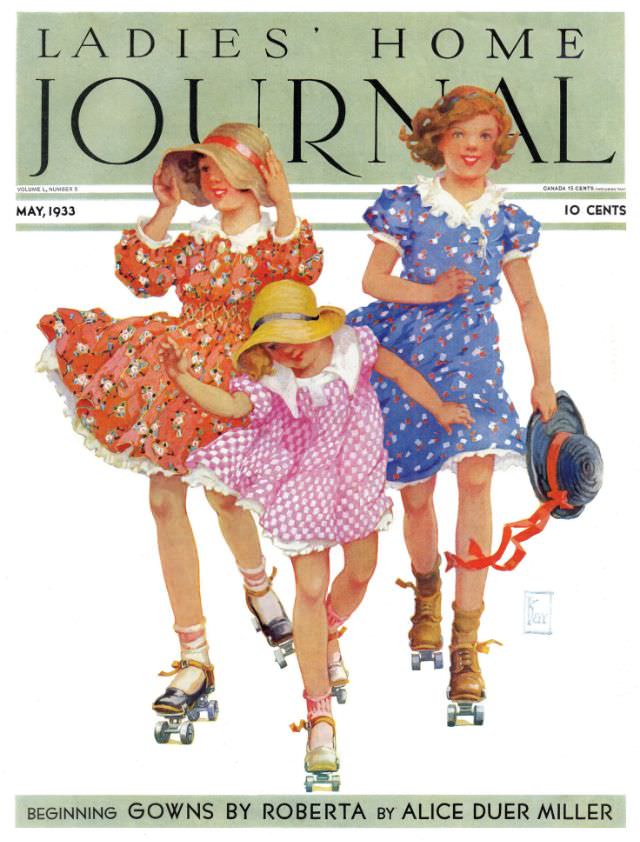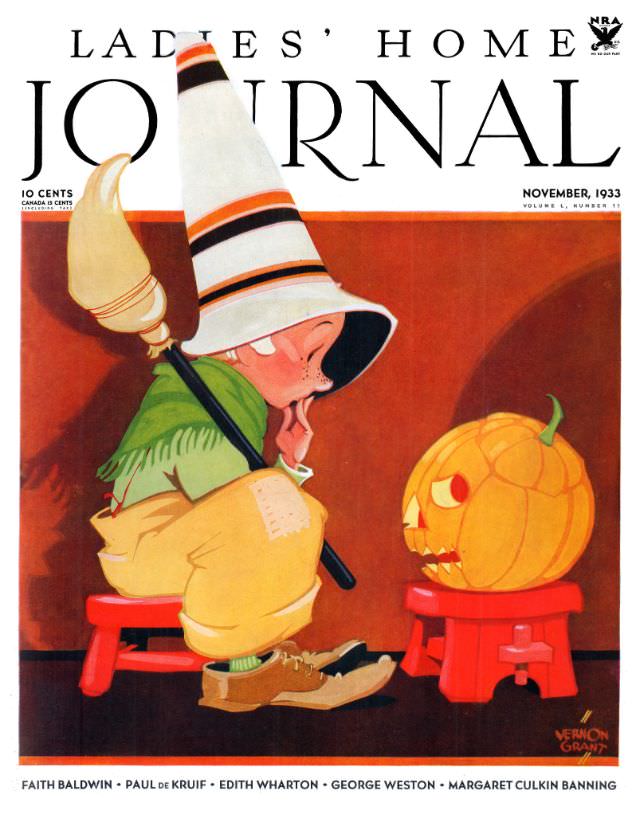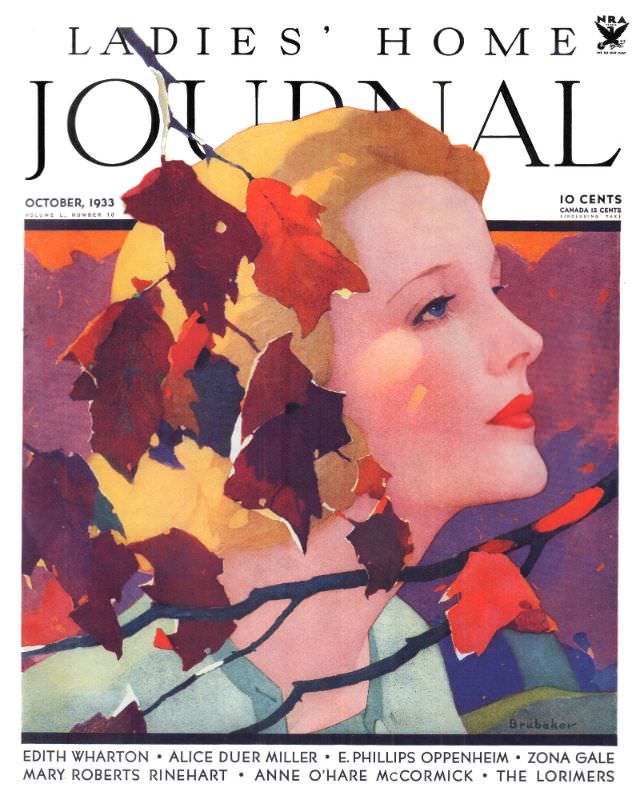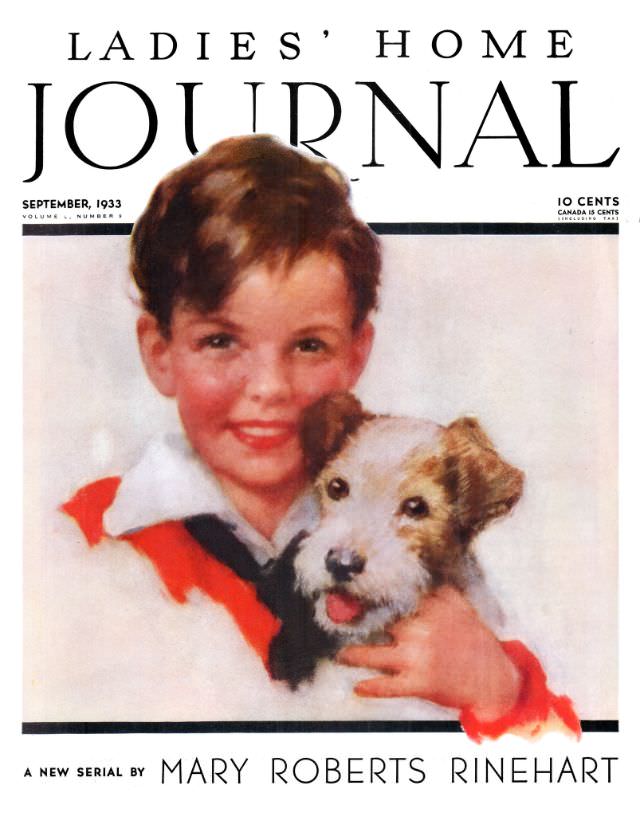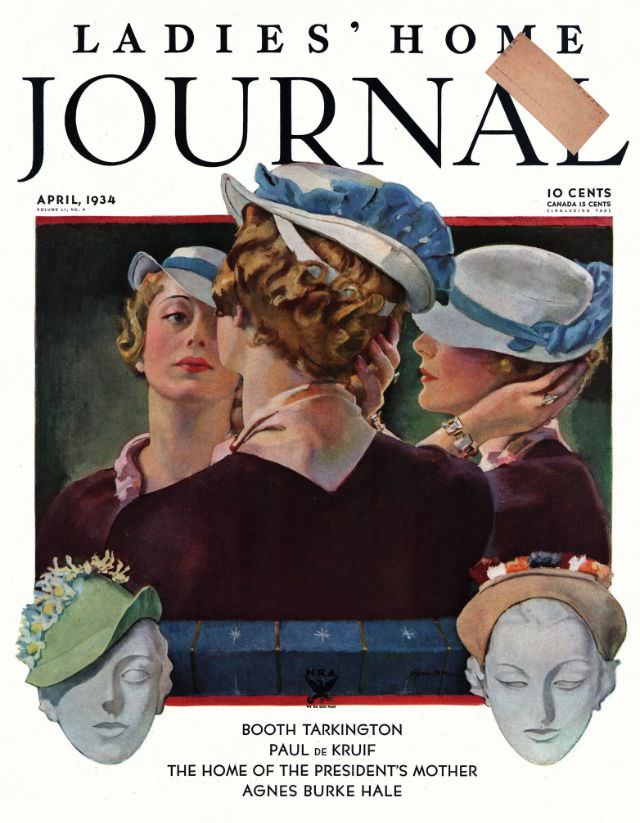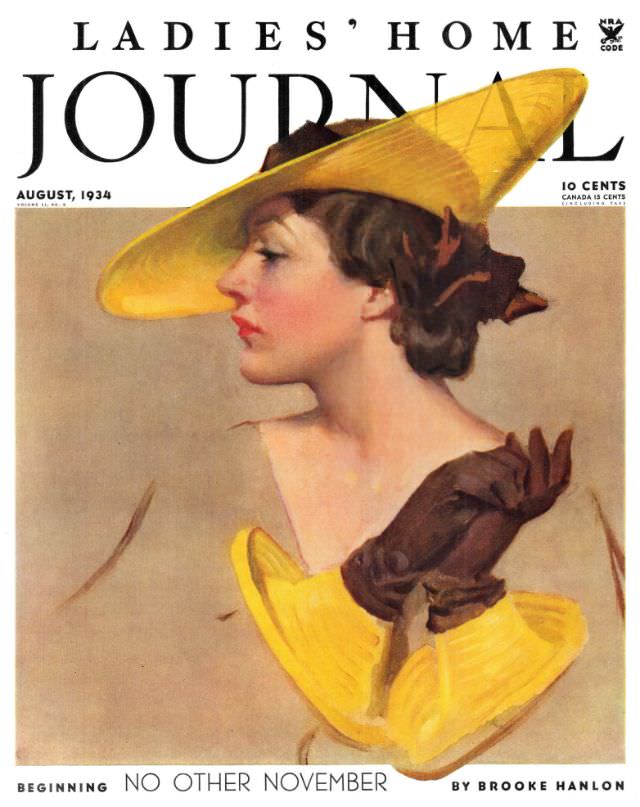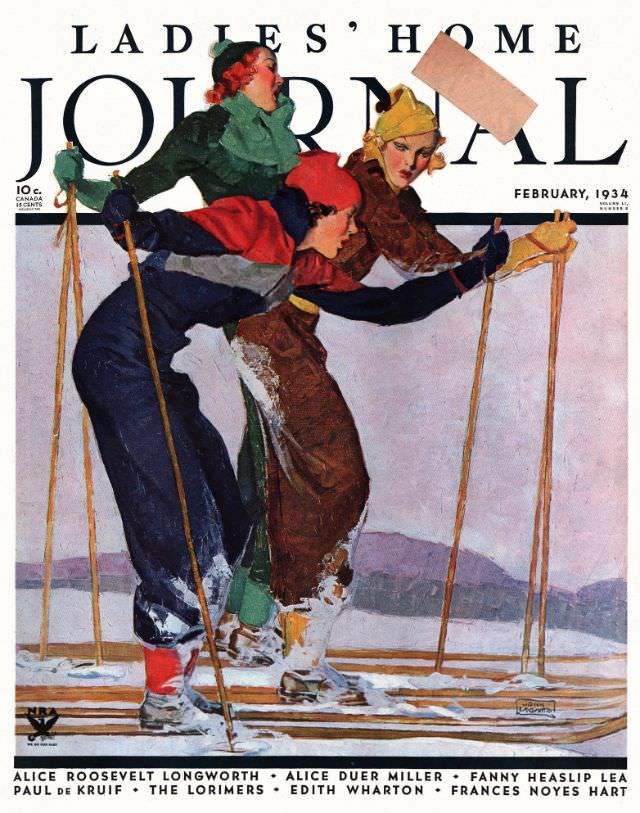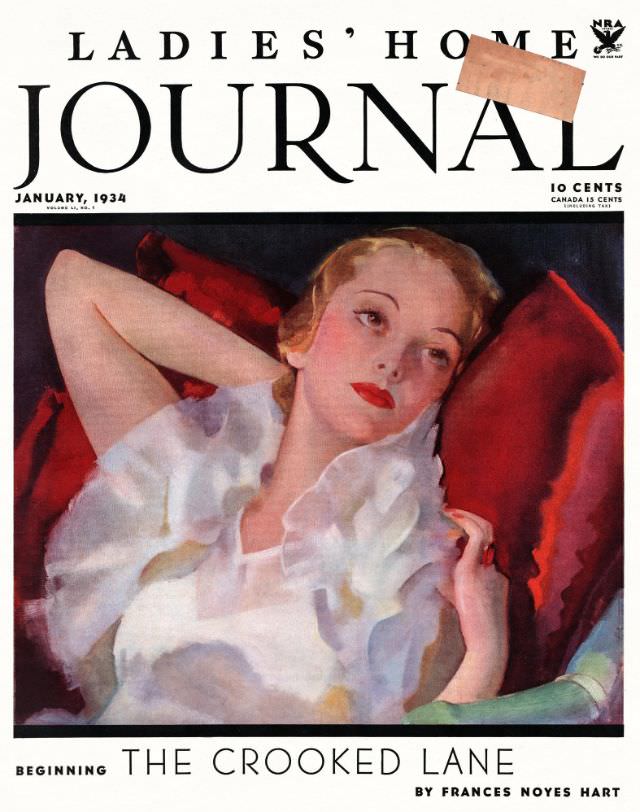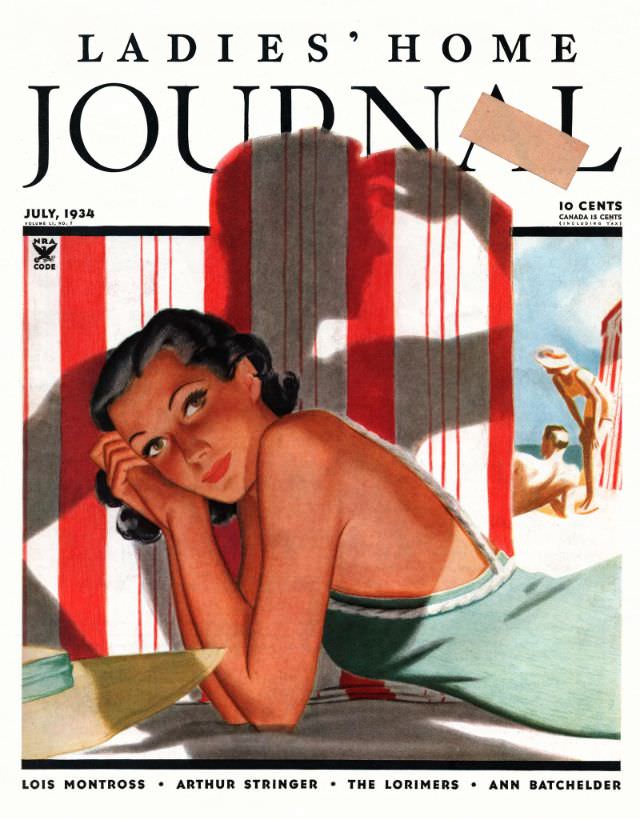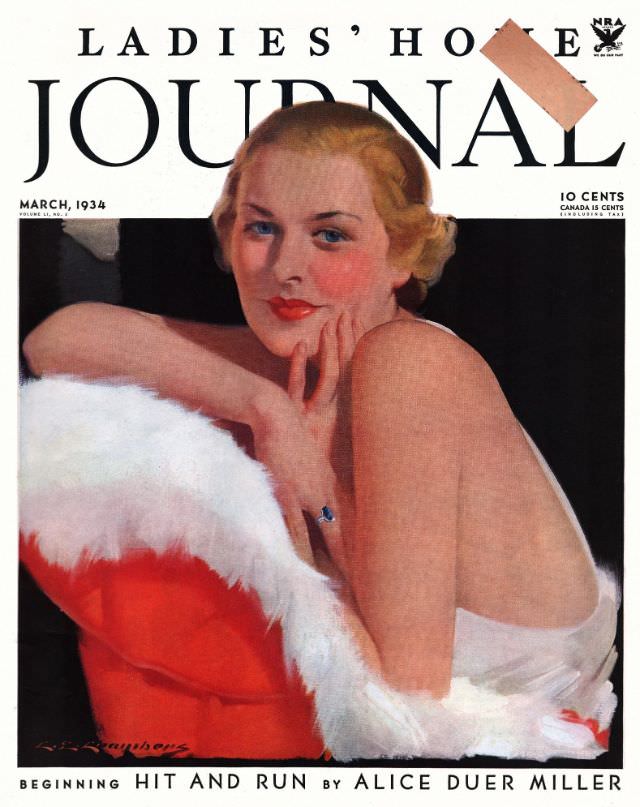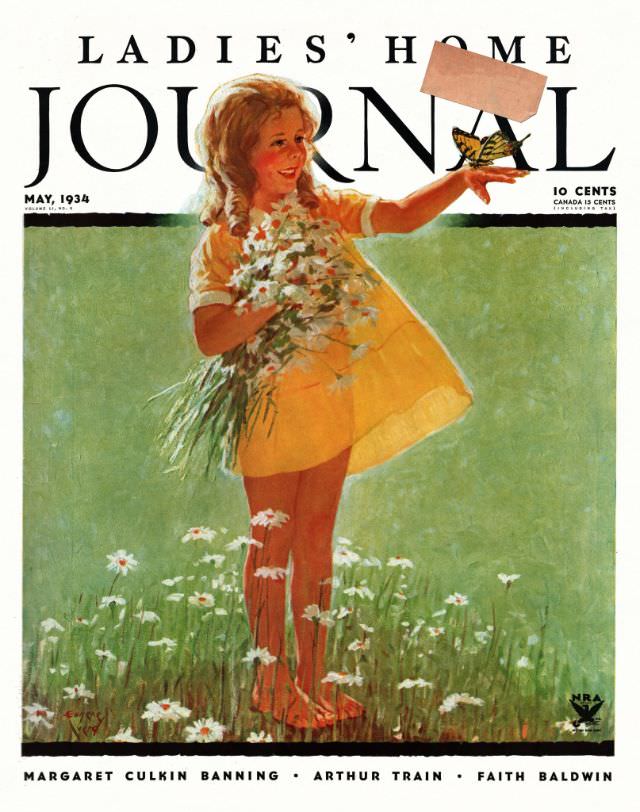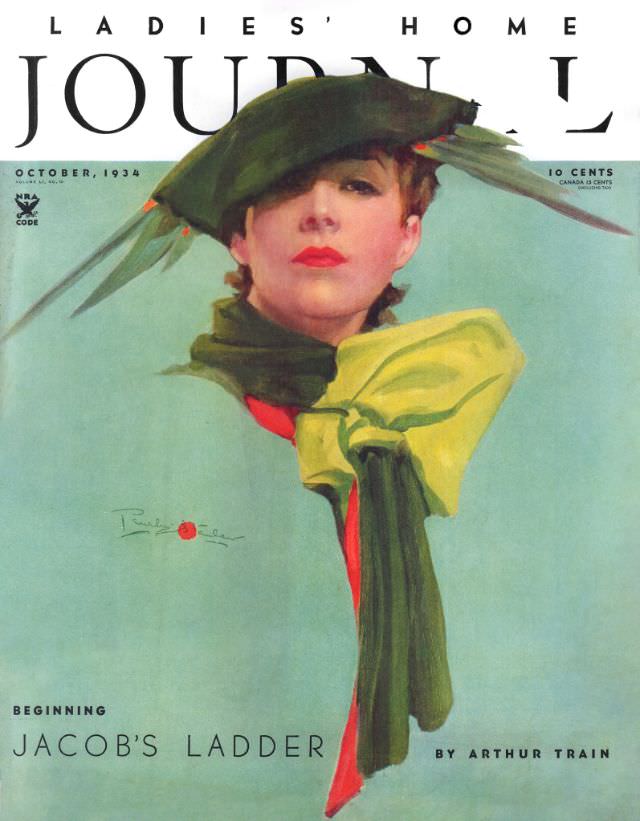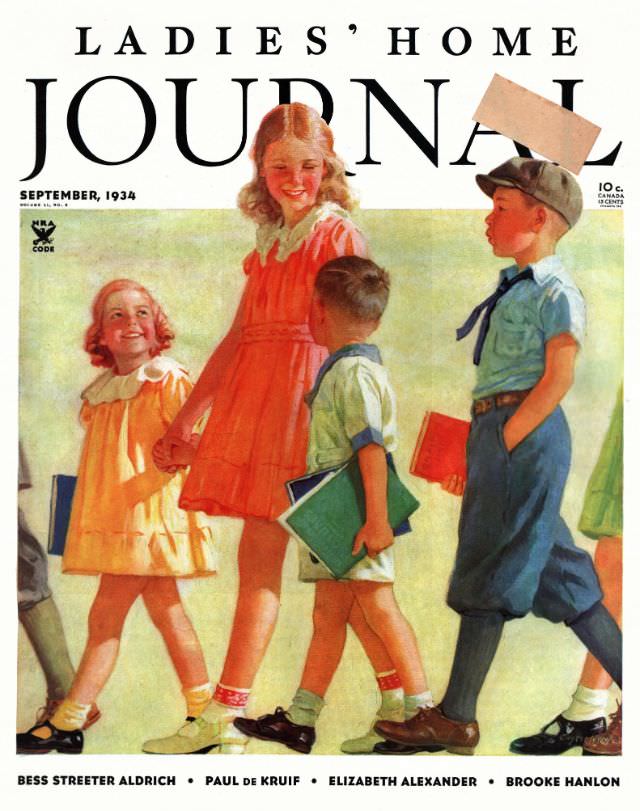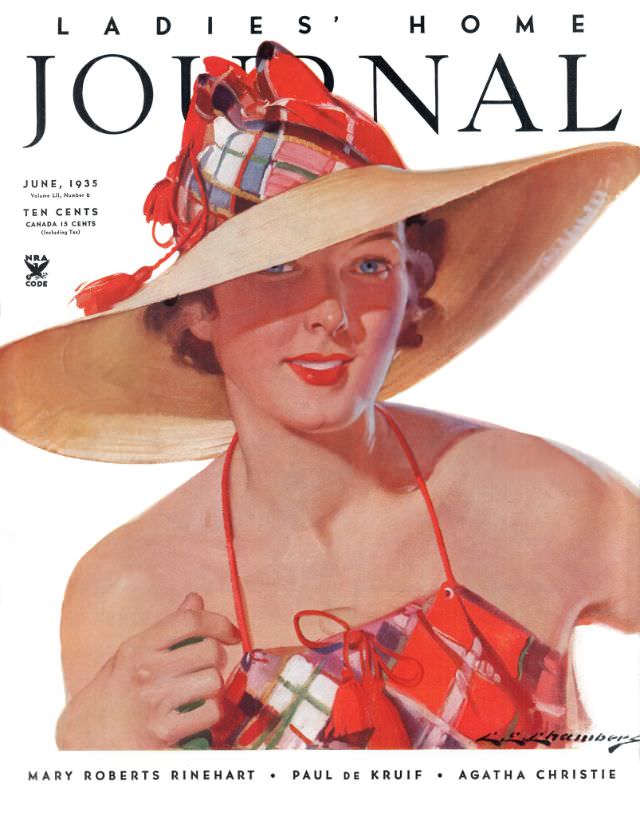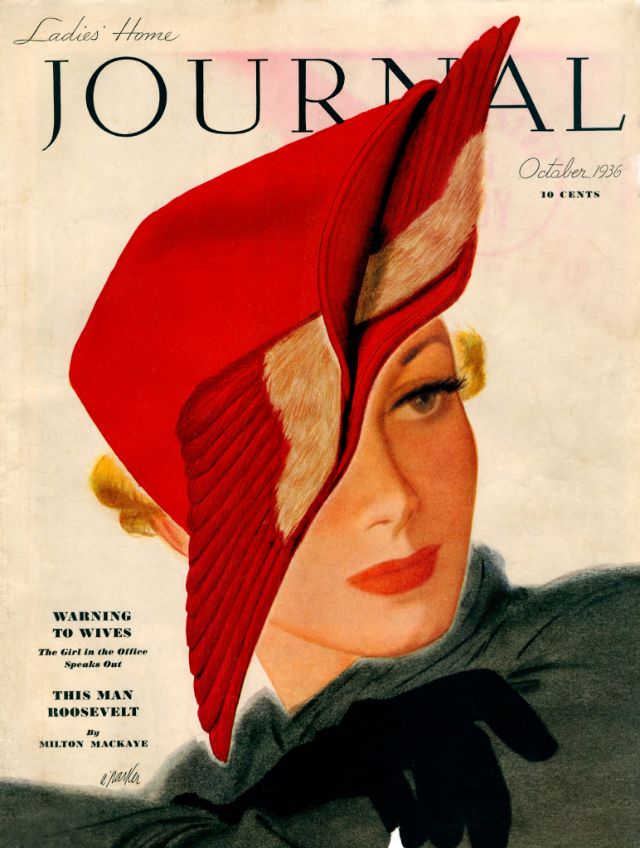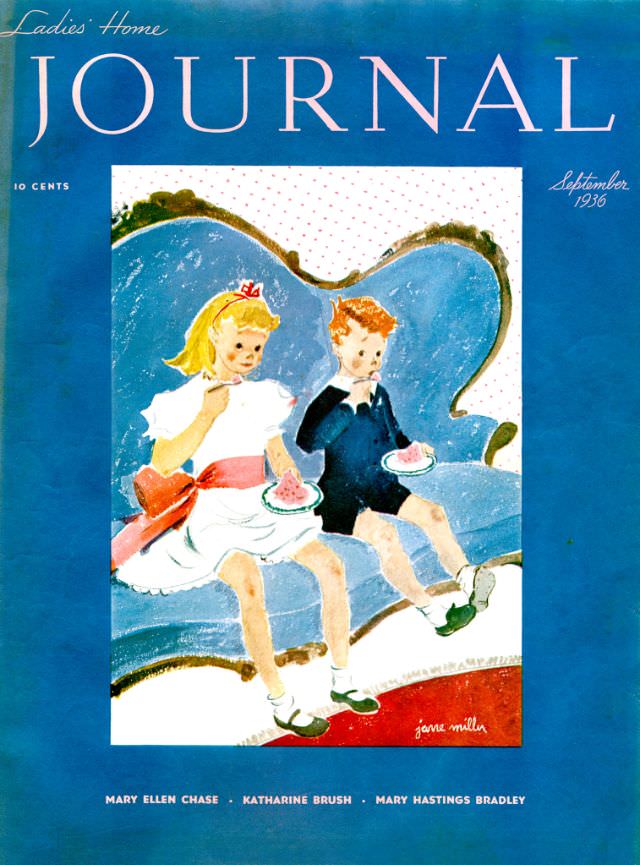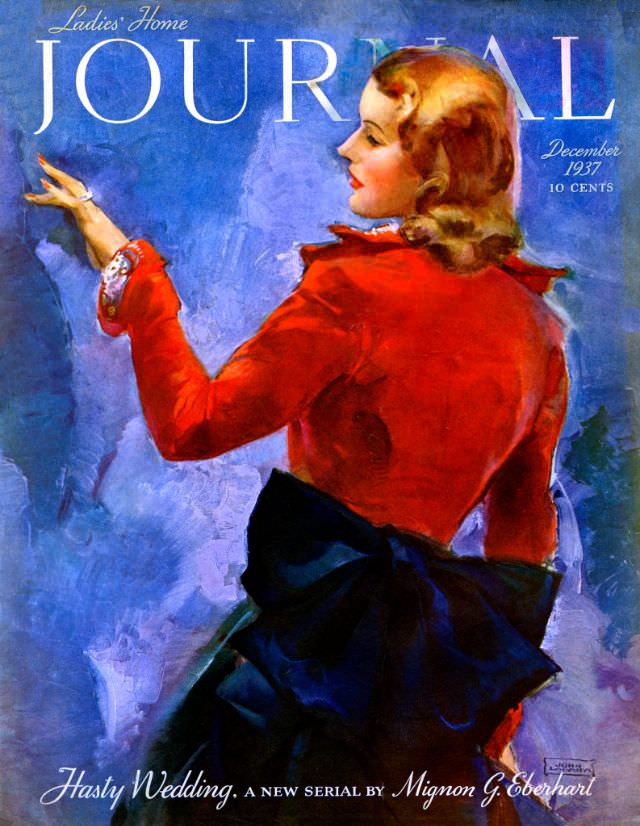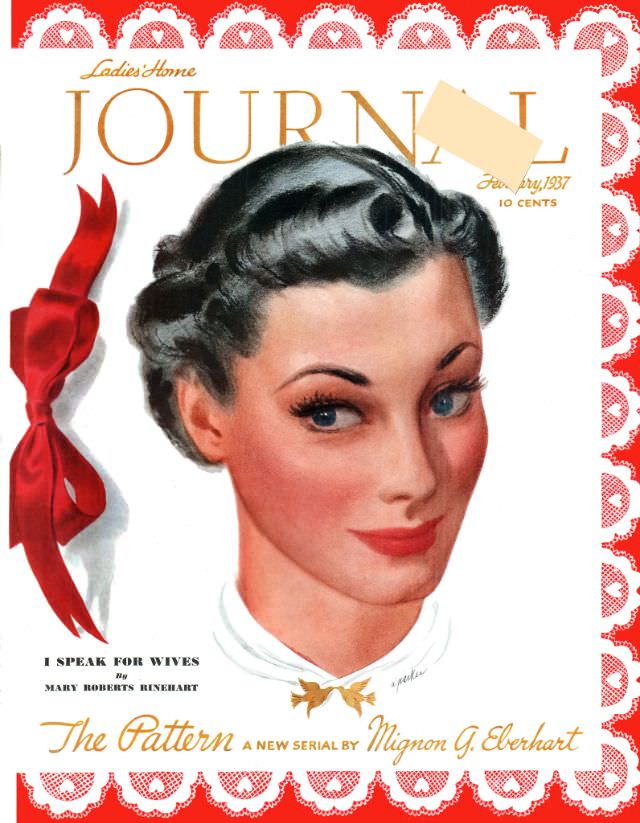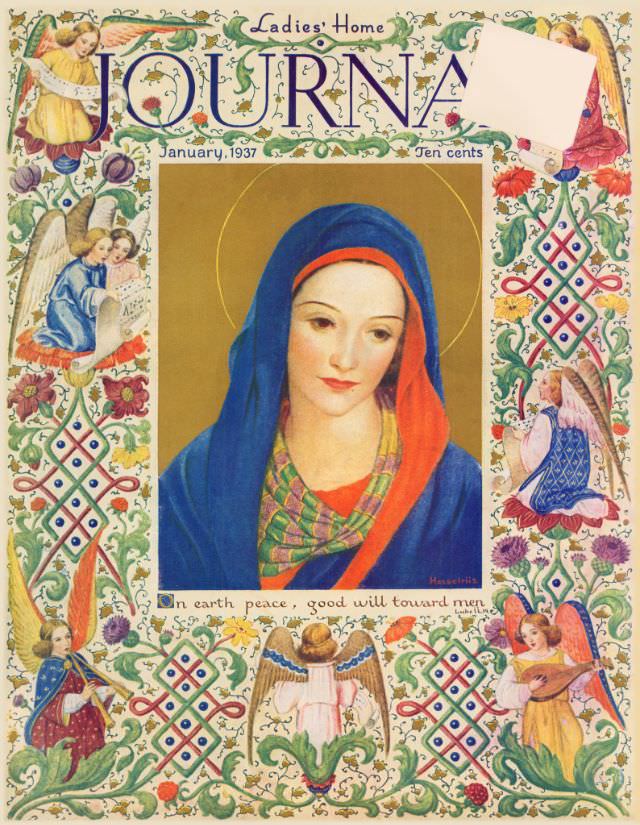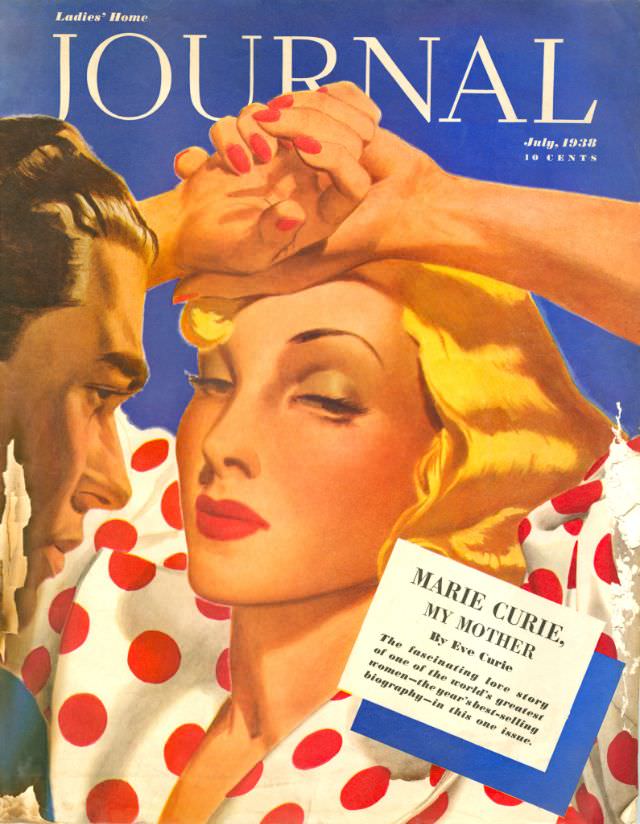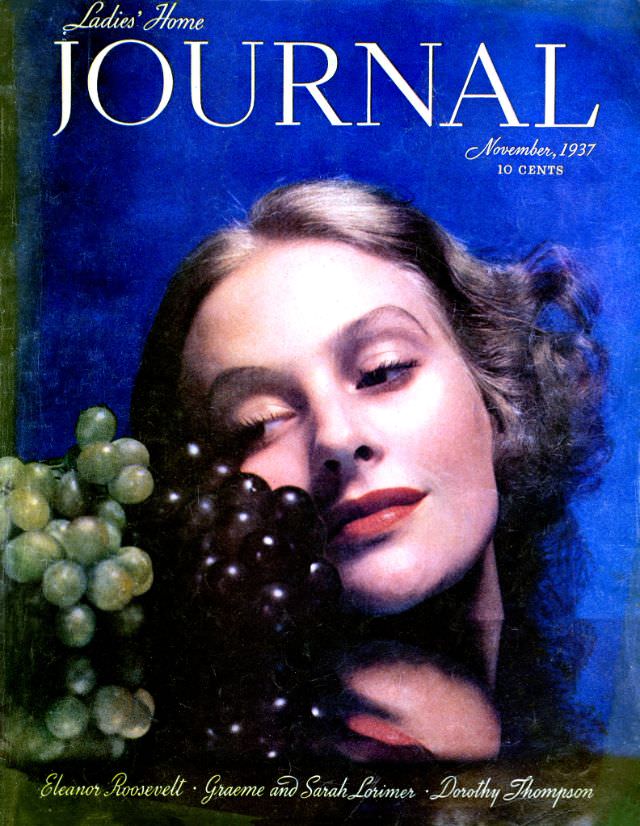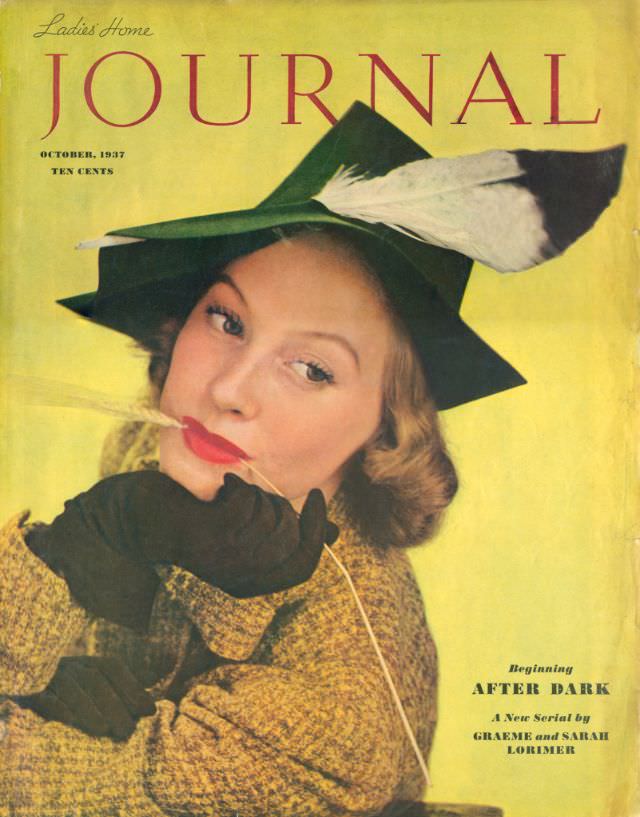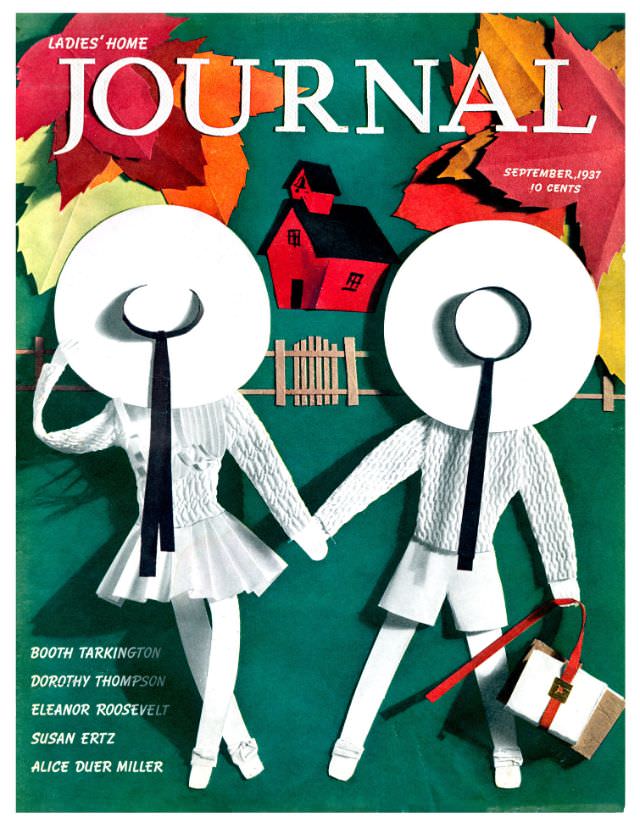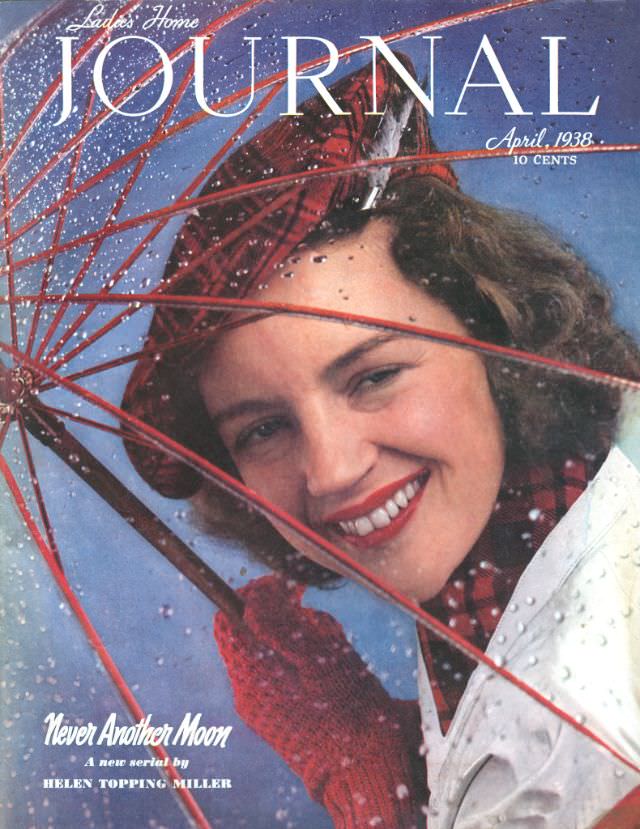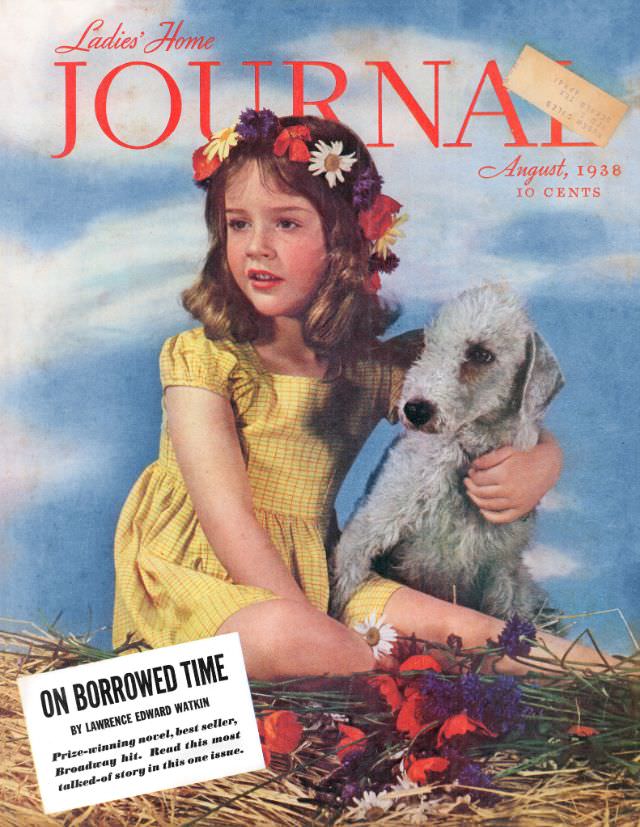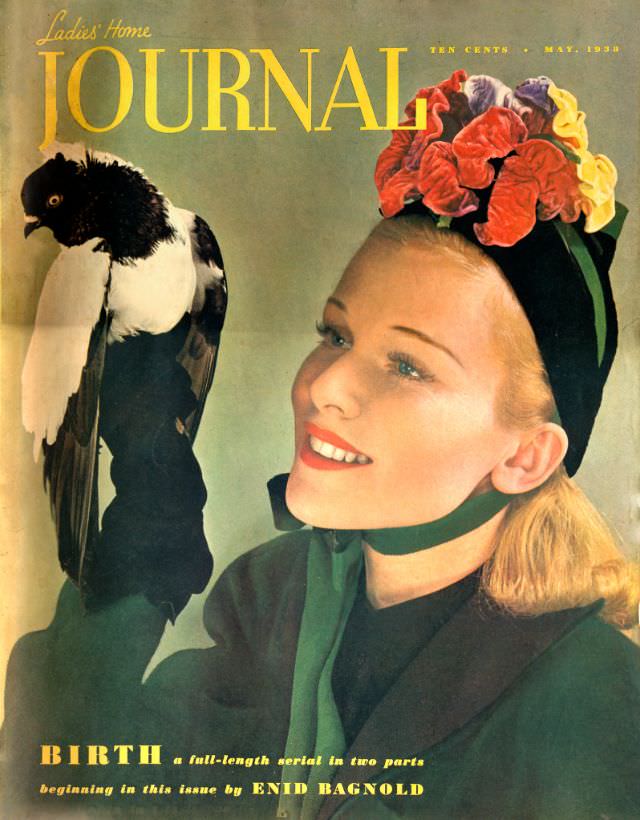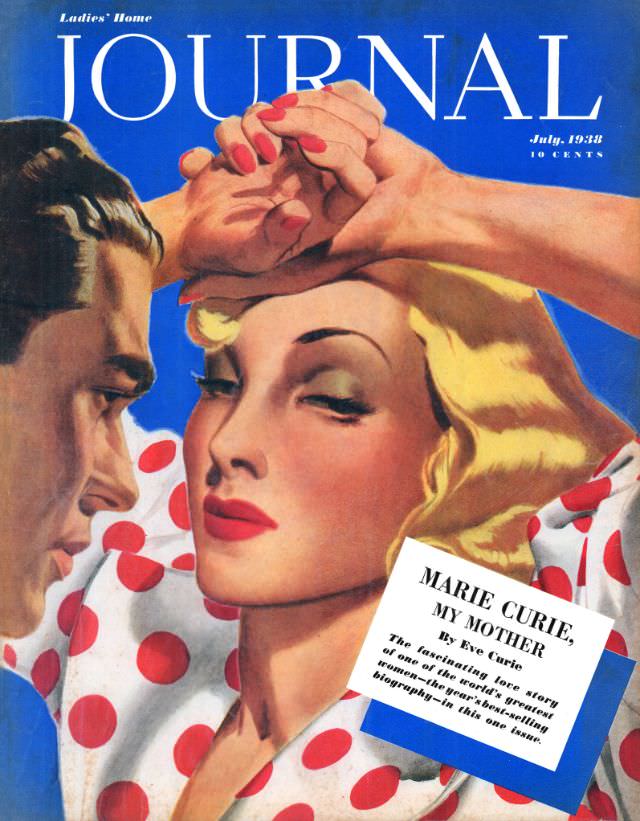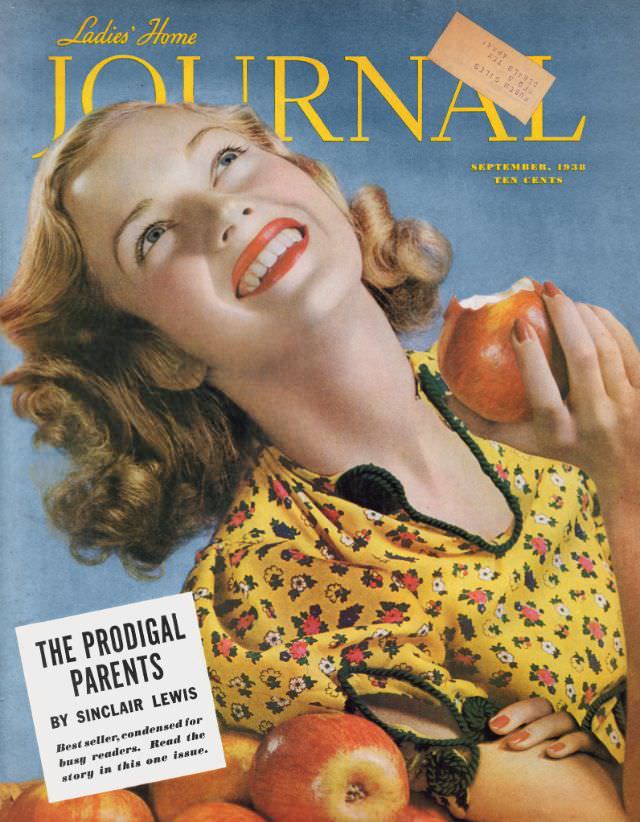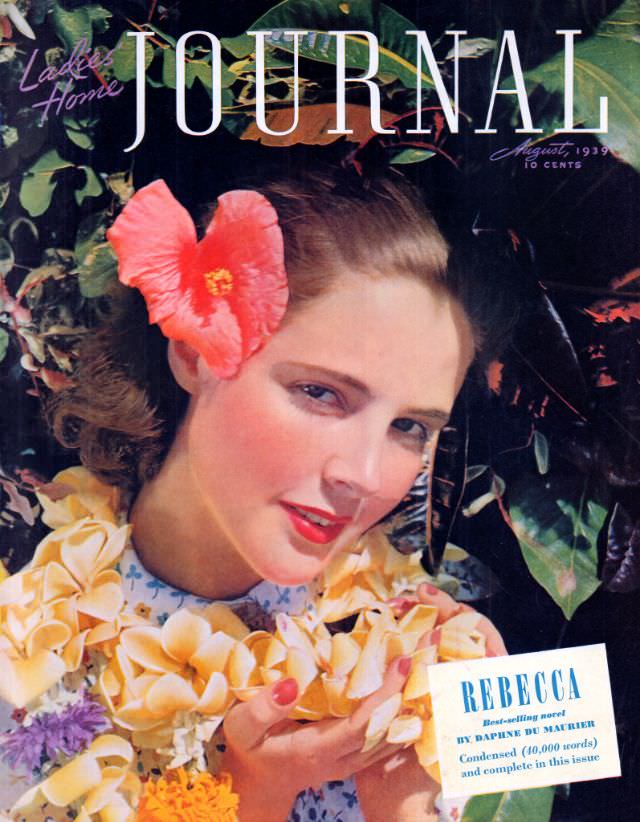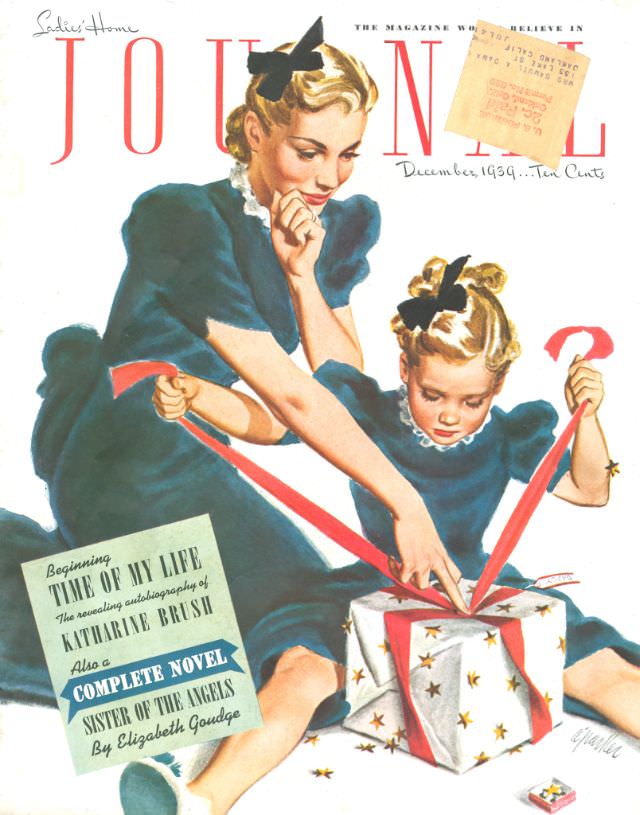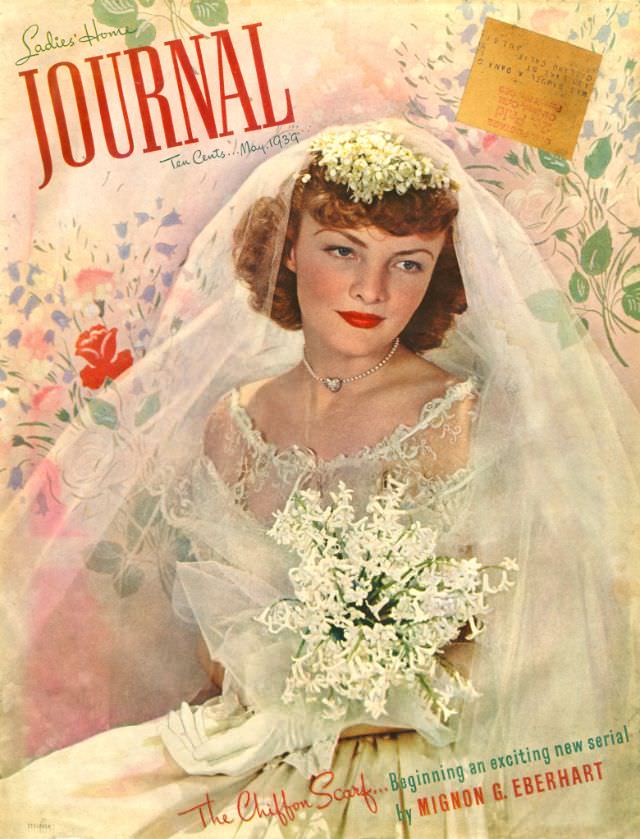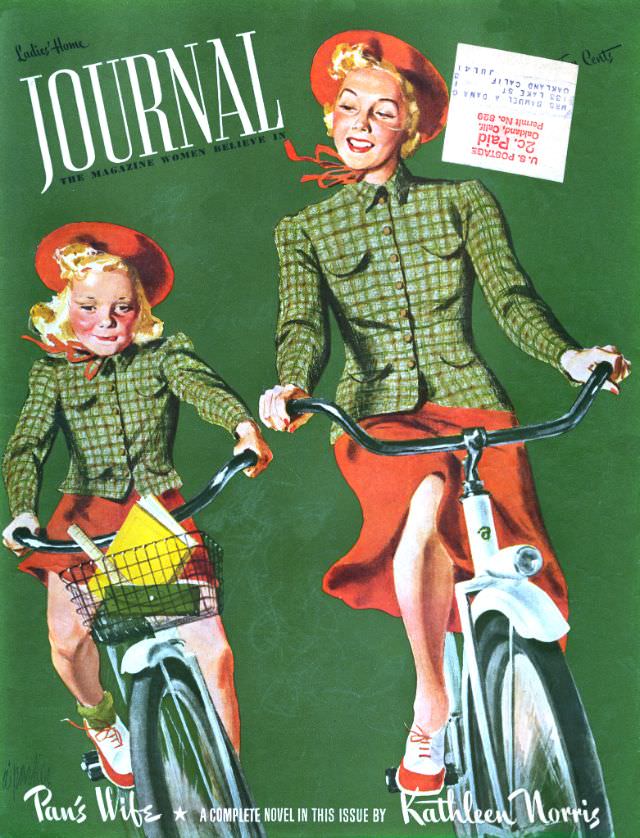Once upon a time, when mailboxes rather than inboxes were filled with reading material, the Ladies’ Home Journal was a household staple in America. With its debut on February 16, 1883, this magazine quickly became a comforting presence in countless living rooms across the nation, articulating the dreams, hopes, and struggles of American women in a way that was both relatable and aspirational.
Published by the Meredith Corporation, the Ladies’ Home Journal began its journey in Philadelphia under the aegis of the Curtis Publishing Company. It was a period when women’s voices were seeking avenues of expression, and the magazine soon became a megaphone for those voices, tackling issues ranging from women’s rights to homemaking, from fashion trends to health advice.
The Journal stood out from the crowd for its fearless approach to subjects that were often considered taboo. It did not shy away from addressing pressing social issues or from presenting candid discussions about marriage, child-rearing, and women’s health. The authenticity of its content and its dedication to promoting women’s wellbeing and empowerment resonated deeply with its readers.
In an era when print was king, and radio was still an innovation in progress, the reach of the Ladies’ Home Journal was phenomenal. By 1903, it made publishing history as the first American magazine to achieve one million subscribers. This milestone wasn’t merely a testament to the magazine’s popularity; it was an affirmation of the relevance and importance of women’s narratives.
What set the Ladies’ Home Journal apart was its strong sense of community. It was not just a magazine; it was a friend, a mentor, and a conversation partner for millions of American women. It delved into topics that mattered to its readers, offering a blend of fiction, advice columns, fashion updates, home decoration tips, and, of course, the iconic recipes that many still treasures.
In the changing societal tapestry, the Journal adapted, continually evolving, to stay relevant to its readers. It mirrored the transformations in American society and the shifting roles of women, from homemakers to war workers, from suffragettes to CEOs.


